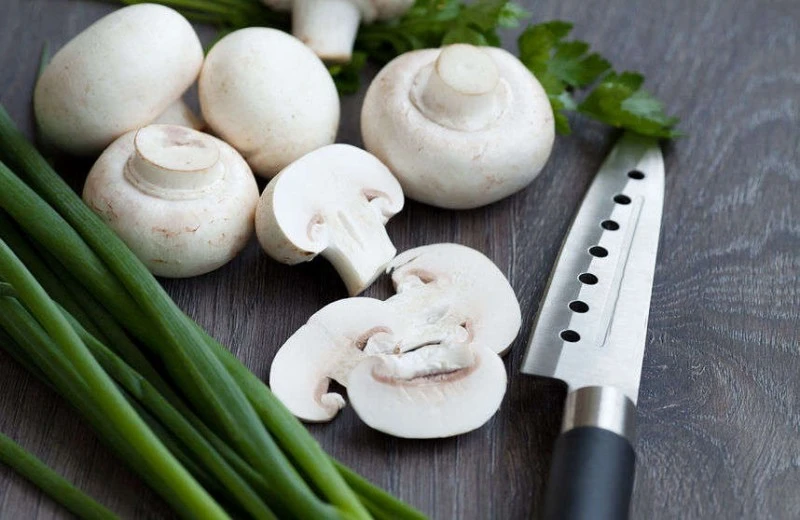Our bodies share a common challenge as winter’s cold embrace sets in and daylight becomes scarce. That challenge is making sure our bodies are getting enough Vitamin D. Sometimes referred to as the “sunshine vitamin,” it is essential for maintaining the strength of our bones and the health of our immune systems, among other aspects of our general wellbeing. But because the winter months bring fewer daylight hours and shorter days, it can be challenging for our bodies to get enough of it. The good news is that our bodies are designed to withstand this seasonal decline. Moreover, nature provides us with a wealth of resources to help us meet our basic needs.
Why is Vitamin D Important?
It serves a number of essential roles, and regulates more than 200 genes , which are crucial for our continued health, growth, and development. The two that are most important are probably those that control how much calcium and phosphorus are absorbed by the body and support healthy immune system operation. Here are a few other ways in which the sunshine vitamin supports our overall bodily functions.
- Infections and autoimmune disorders like rheumatoid arthritis, type 1 diabetes, and inflammatory bowel disease may be more common in people with low levels of the vitamin.
- An increased risk of heart diseases, including hypertension, heart failure, and stroke, has been associated with low vitamin D levels.
- It may reduce the likelihood of viral infections and severe flu
- It has the ability to regulate mood and reduce depression
- It might also support weight loss
- A recent study published by Harvard School of Public Health also states that it has anti-inflammatory, anti-infection, and anti-cancer effects.
Sources of Vitamin D
5-10 Minutes in The Sun
A sunny weekend getaway or an exceptionally warm day are excellent chances to get some sun. The best source of vitamin D is exposure to sunlight—20 to 30 minutes a day, three times a week, without sunscreen for people with fair skin and longer for people with darker skin. Additionally, even though using sunscreen is usually the healthiest way to enjoy the sun, the secret to producing your own vitamin D is to go a short while without it. When applied as instructed, sunscreen with an SPF of 15 reduces the synthesis of vitamin D by 99%, so hold off before applying.
Mushrooms

The only plant-based food that naturally produces vitamin D are mushrooms. The highest nutrient content is found in wild mushrooms and those that have been exposed to UV light. Approximately one cup of raw, UV-exposed mushrooms is all you need to meet or surpass your daily requirement for vitamin D. Consuming UV-exposed brown cremini, portabella, maitake, and white button mushrooms on a regular basis is an excellent source of vitamin D.
Foods Fortified with Vitamin D
Many items in the grocery store have been enhanced with vitamin D, even though there are foods that are naturally high in the nutrient. These consist of both animal- and plant-based products. Vitamin D-rich fortified foods include milk, yogurt, orange juice, soy milk, and other nondairy milk substitutes.
Egg Yolk

Another excellent source is whole eggs, which are also incredibly nutrient-dense. The white of an egg contains the majority of its protein, while the yolk contains the majority of its fat, vitamins, and minerals. A couple of eggs cooked will provide you with about 44 IUs of the vitamin, which is a good source of both protein and vitamin D for those on the go.
Vitamin D Supplements
Your risk of deficiency may increase depending on your lifestyle choices and where in the world do you live. For those who don’t get enough of it, such as housebound elderly individuals, people with dark skin, expectant and nursing mothers, and those with specific medical conditions like liver disease, cystic fibrosis, celiac disease, and Crohn’s disease, a daily supplement may be necessary.
So, this winter, continue to get your vitamin D from foods and supplements, and when the summer sun returns, think about revisiting your strategy.
Unlock the secrets to flawless poached eggs: 6 game-changing hacks for busy Monday mornings!





